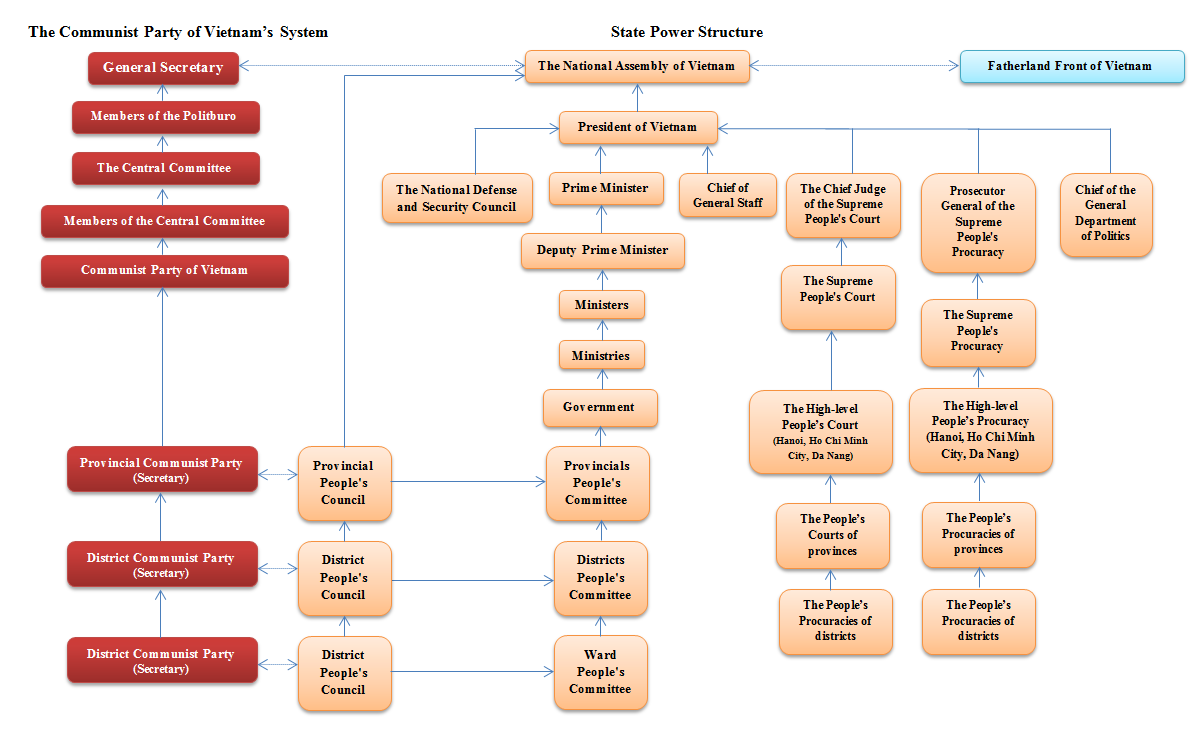|
Thirteenth National People's Congress
The 13th National People's Congress (NPC) was elected from October 2017 to February 2018 and was in session in the five-year period from 2018 to 2023. It held five sessions in this period, occurring around early March every year until before 2023, when the 14th National People's Congress first convened. Seat distribution Standing Committee Organization Council of Chairpersons Special Committees The first session The first session opened on 5 March 2018 and closed on 20 March 2018. All major state positions were elected in this session, including President, Vice President, Premier, and Congress Chairman. Election results The second session The second session opened on 5 March 2019 and concluded on 15 March 2019. The third session The third session was scheduled for March 5, 2020, but was delayed due to the COVID-19 pandemic, the first time such a postponement had happened in decades. After the announcement of the date in April, the session was ... [...More Info...] [...Related Items...] OR: [Wikipedia] [Google] [Baidu] |
Highest Organ Of State Power
The supreme state organ of power, also known as the highest state organ of power, is the representative organ in communist states that functions as the sole branch of government according to the principle of unified power. For example, the government of the Soviet Union was designated as the highest executive and administrative body of the supreme state organ of power, the Supreme Soviet of the Soviet Union, All-Union Supreme Soviet. The powers of the supreme state organ of power are constrained only by the limits it has itself set by adopting constitutional and legal documents. In China, according to Chinese legal scholar Zhou Fang, "[t]he powers of the National People's Congress as the supreme state organ of power are boundless, its authority extends to the entire territory of the country, and, if necessary, it can intervene in any matter which it finds it requisite to do so." More specifically, according to Chinese legal scholars Xu Chongde and Niu Wenzhan, "[t]he other central ... [...More Info...] [...Related Items...] OR: [Wikipedia] [Google] [Baidu] |
